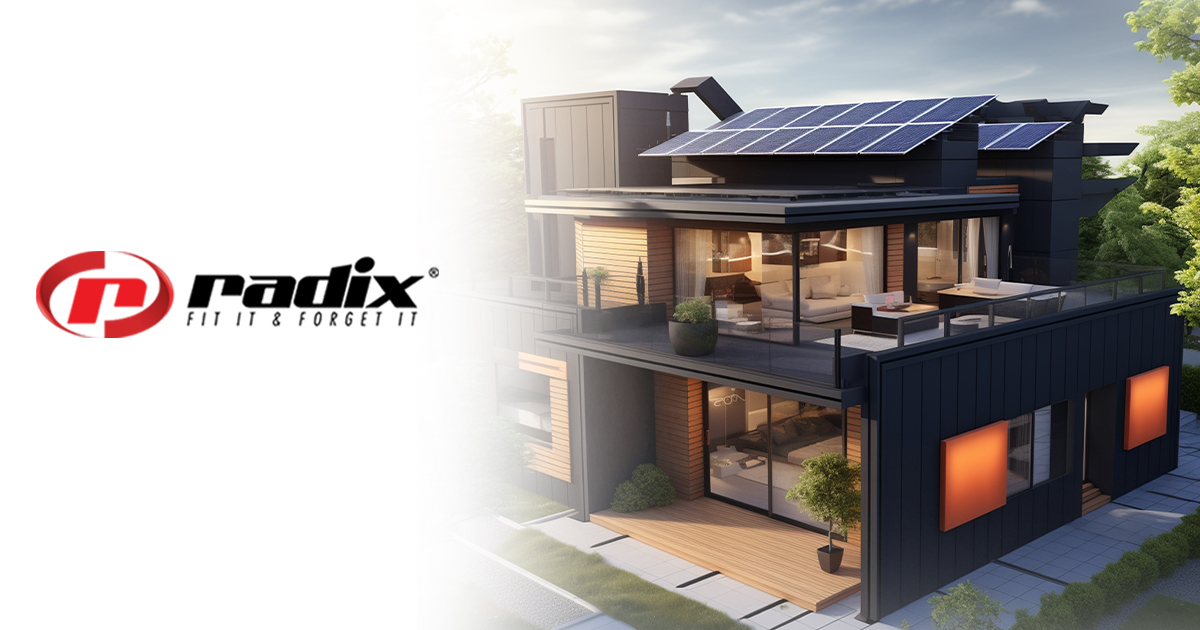Harnessing solar energy for your home is an excellent way to save on electricity bills and contribute to a greener planet. One of the critical components of a solar power system is the solar inverter. In this article, we’ll cover everything you need to know about solar inverters for home use, helping you make informed decisions for your energy needs.
What is a Solar Inverter?
A solar inverter is a device that converts the direct current (DC) generated by your solar panels into alternating current (AC) that your home appliances use. Think of it as the heart of your solar energy system, ensuring that the energy captured by the panels is usable for your home.
Imagine your solar panels as a garden that grows food, and the solar inverter as the kitchen where raw ingredients are transformed into delicious meals. Without it, you can’t consume what you’ve produced.
Types of Solar Inverters
There are three main types of solar inverters, each with its own set of advantages:
- String Inverters:
- Pros: Cost-effective and straightforward installation.
- Cons: If one panel underperforms (due to shading or dirt), the whole system’s efficiency drops.
- Microinverters:
- Pros: Each panel has its own inverter, ensuring optimal performance even if one panel is shaded.
- Cons: More expensive upfront and slightly more complex installation.
- Power Optimizers:
- Pros: Combine benefits of string inverters and microinverters by optimizing each panel’s performance while using a central inverter.
- Cons: Higher cost than string inverters, but generally more affordable than microinverters.
Think of string inverters as a single-lane road, microinverters as multiple lanes for each car, and power optimizers as a multi-lane highway with a central control tower ensuring smooth traffic flow.
How to Choose the Right Solar Inverter
Here are some key factors you should consider when you selecting a solar inverter:
- System Size:
- Make sure the size of your solar panel system and the inverter’s capacity match.
- Efficiency:
- Look for inverters with high efficiency ratings to maximize energy conversion and savings.
- Warranty:
- Opt for inverters with solid warranties (usually 5-10 years) for peace of mind.
- Cost:
- Balance your budget with the features and benefits of the inverter.
Selecting a solar inverter is like choosing the right bicycle for your commute – it needs to be reliable, efficient, and fit your specific needs to ensure a smooth ride.
Installation and Maintenance
Proper installation and regular maintenance are crucial for the optimal performance of your solar inverter. Always hire a certified professional for installation, and schedule periodic checks to ensure everything runs smoothly.
Think of your solar inverter like a high-performance car – it needs expert assembly and regular tune-ups to keep it running efficiently.
In Conclusion, understanding the role and types of solar inverters helps you make informed decisions for your home solar energy system. Whether you choose string inverters, microinverters, or power optimizers, consider your specific needs, budget, and desired efficiency.Ready to power your home with solar energy? Trust solar Batteries from Radix, a solar battery manufacturer in India, for efficient and reliable energy solutions. Visit our website today and discover the perfect solar inverter for your home!
